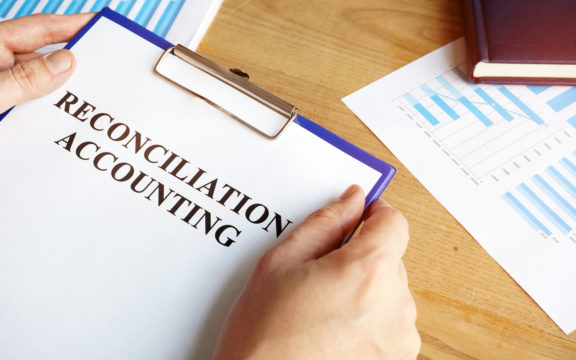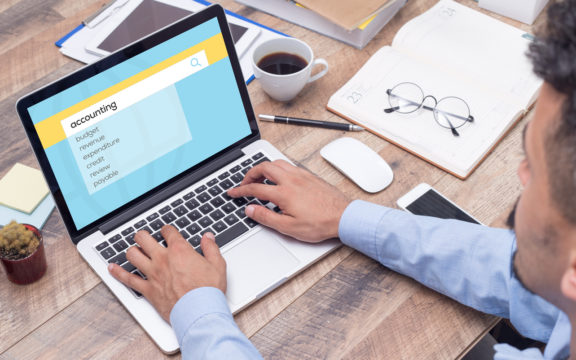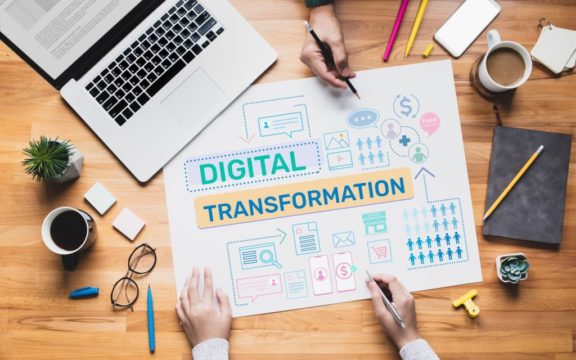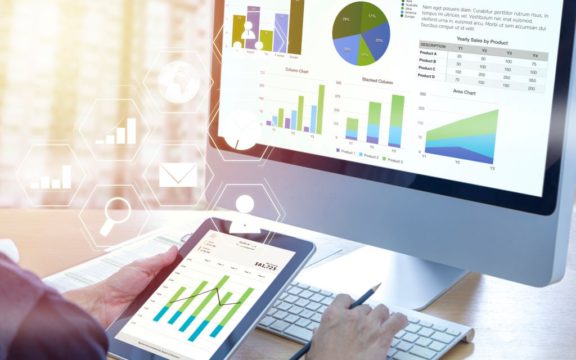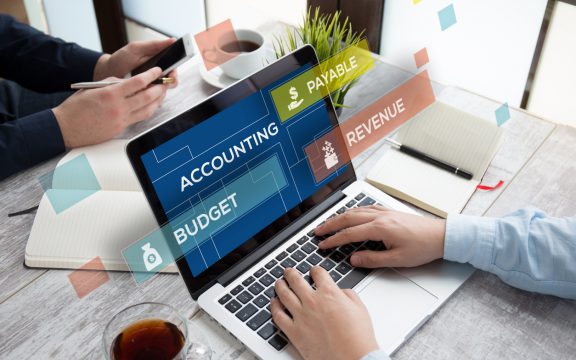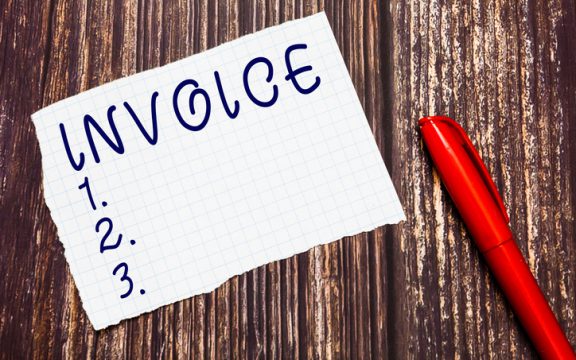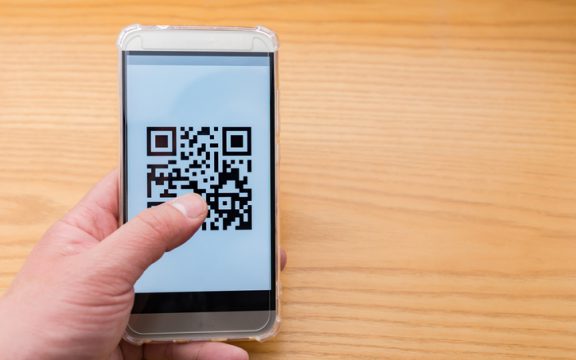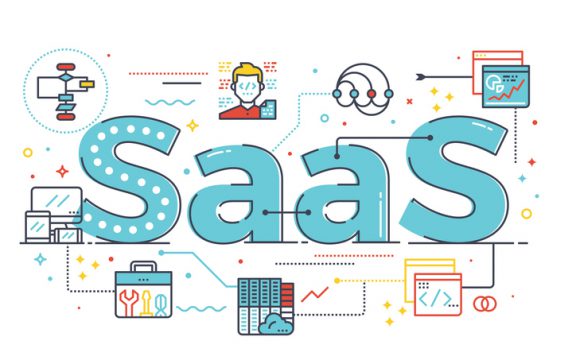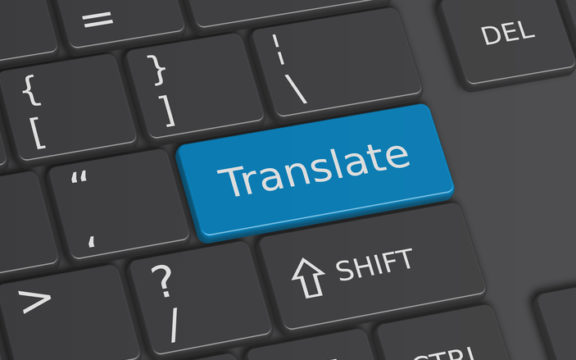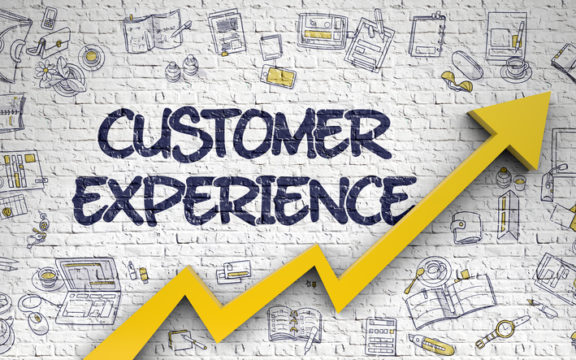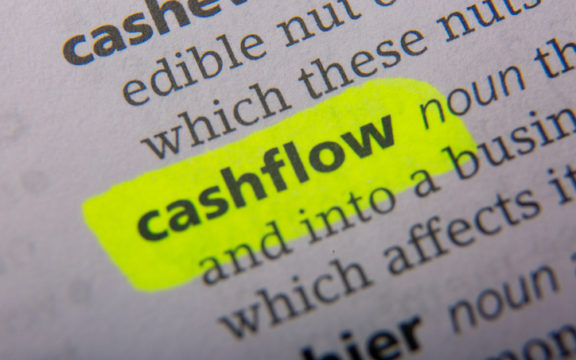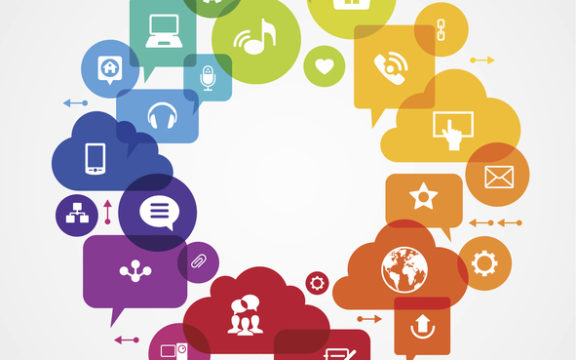Businesses of all sizes and in all industries are increasingly embracing cloud accounting as a way to save time and money in the accounting process.
For many companies, moving to cloud accounting is a key step toward optimising their operations. But to make the most of it, you’ll want to have a solid understanding of this important technology. Whether you’ve never heard of it before today or are on the brink of transitioning your company to the cloud, the best thing you can do is to arm yourself with some key facts about it.
In this article, we’ve compiled eight common questions new users ask about this type of software.
1. What Is Cloud Accounting?
Cloud-based accounting software is an innovative form of accounting where your data, instead of being kept in paper ledgers or on your computer’s hard drive, is stored and managed through a network of remote servers connected to the Internet. The software has quickly become the best way for businesses to keep financial records while minimising costs and errors, leading to more efficient operation.
Some cloud accounting products come with software that you install on your computer, while others are accessed on the web; in both cases, the data is hosted remotely on the cloud.
2. What Are the Advantages of Cloud Accounting?
Cloud accounting is designed to help accountants overcome the shortcomings associated with traditional bookkeeping methods. When your organisation transitions to this type of software, it will suddenly be able to:
- Have data updated in real-time
- Access information anytime, from anywhere in the world
- Automate multiple accounting processes
- Use less paper for bookkeeping, creating a more paperless office environment
- Drastically reduce accounting costs
- Strengthen security, making confidential information difficult for attackers to access
- Effortlessly scale to meet demand as it grows
- Record transactions and other financial information with no hassle
3. Is Cloud Accounting Secure?
With all the sensitive data stored on cloud-based accounting software, security is the top priority for software providers. In fact, security is one of the key challenges that this technology was designed to address. With traditional desktop accounting methods, data can be lost if the computer is stolen or damaged; cloud-based accounting services virtually eliminate this risk by employing dedicated security teams and multiple redundant backups.
Each cloud accounting product has its own data protection policy; most use high-end security protocols such as encryption and multi-factor authentication to ensure that data remains secure.
4. What Do I Need to Use Cloud Accounting Technology?
To move to cloud accounting technology, you’ll need a cloud accounting software specialist to help you handle the transition. Of course, you’ll also need a computer for everyone on your accounting team and a strong Internet connection. With these things in place, you’re ready to start integrating this technology into your business.
5. Will My Company Need to Hire More IT Staff?
One of the benefits of moving to cloud-based accounting software is that your cloud service provider has in-house staff to help you handle the transition, so there’s no need to hire additional staff. However, having some IT experts available will help you make the transition smoother.
6. Are There Costs Attached to Using Cloud Accounting?
Different cloud service providers offer different payment models. Most providers offer a pay-as-you-go model where your monthly rate will depend on the services you use. Some vendors offer a subscription-based plan. Before you decide on a cloud accounting service, make sure to compare a few different companies’ payment models.
7. How Does Cloud Accounting Work?
With cloud storage, all of your company’s financial data is kept securely on the provider’s cloud or remote server. Through an Internet connection, you can connect your computer to the cloud solution to retrieve whatever information you need. The information stored can only be accessed by users whom your company has authorised in advance.
8. Is Cloud Accounting Software Right for You?
This is the million-dollar question that many businesses are asking today. The answer is that cloud accounting software is perfect for any business that wants to achieve efficiency and transparency. With this technology, you no longer need to worry about rising accounting costs and shrinking storage space. Cloud accounting software will make accounting more efficient and accessible for your entire team.
In a Nutshell
For a good reason, cloud accounting is seeing more and more adoption by businesses around the world. It’s flexible, affordable, and easy to use, and most importantly, it keeps your data safe. Adopting this technology is a great way to boost your team’s efficiency and security while reducing your dependence on paper and being kind to the environment. To learn more about how cloud-based accounting software can supercharge your business, get in touch with our specialists.








